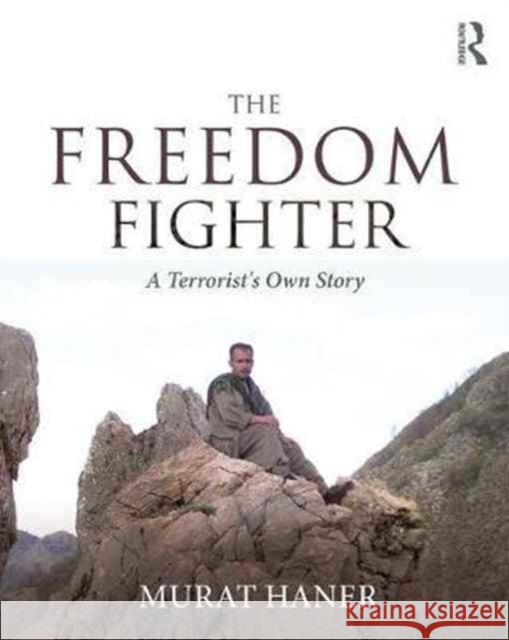The Freedom Fighter: A Terrorist's Own Story » książka
The Freedom Fighter: A Terrorist's Own Story
ISBN-13: 9781138104518 / Angielski / Miękka / 2017 / 480 str.
The Freedom Fighter: A Terrorist's Own Story
ISBN-13: 9781138104518 / Angielski / Miękka / 2017 / 480 str.
(netto: 309,28 VAT: 5%)
Najniższa cena z 30 dni: 287,08
ok. 30 dni roboczych.
Darmowa dostawa!
The ability of terrorist groups to inflict death and destruction has markedly increased with technological advances in the areas of communication, transportation, and weapon capability. Using these new tools and networks, terrorists now seek to inflict mass casualties worldwide. Given these realities, it is essential to research the factors that underlie a terrorist group's origins, grievances, and demands. Such insights might help others respond more effectively to insurgencies, especially when military campaigns to capture or kill every terrorist have proven unsuccessful. The Freedom Fighter: A Terrorist's Own Story explores why so many Kurdish people--especially young adults--join the Kurdistan Workers' Party (PKK) and conduct terrorist acts. Inspired by the ground-breaking classic, The Jack-Roller: A Delinquent Boy's Own Story, by Clifford R. Shaw, the author explores the issue of radicalization into terrorist organizations through the life-history method, enabling a PKK terrorist--or "freedom fighter"--to tell his story. Over a five-month period, the author interviewed "Deniz," a high-level PKK terrorist in a Turkish prison, who during his time in the PKK rose from the lowest level to near the top in terms of terrorist operations. This riveting life-history, told in Deniz's own words, provides unique insights into why someone becomes a "freedom fighter" and what such a life entails. The account provides extensive information on the PKK, including the group's recruitment, ideological and military training, and armed strategies, internal structures and code of ethics, treatment of women, and goals for peace. Deniz's story not only explains why more Kurdish "freedom fighters" will be recruited to engage in terrorist acts, but also facilitates understanding of how "normal people" can become involved in conflict and organizations that are designated as "terrorist groups." A Foreword by renowned criminologist Francis T. Cullen helps contextualize the material. This book will interest students of criminology, terrorism/counter-terrorism, political violence, and security.











